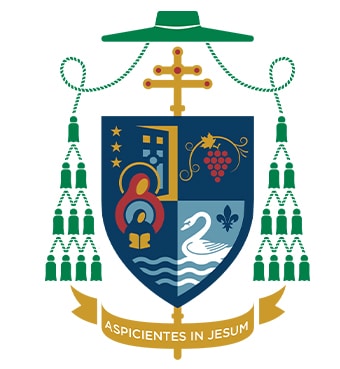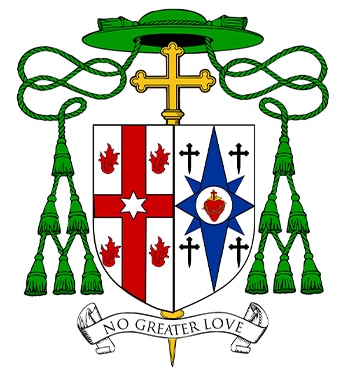Questions on Two Abuse Cases – and a Good Development
Bransfield was investigated regarding “multiple allegations of sexual harassment of adults and financial improprieties.” The final determination of guilt or innocence lies with the Holy See. Baltimore Archbishop William Lori, who was appointed the Apostolic Administrator of Wheeling-Charleston by Pope Francis when Bransfield retired last September, stipulated: “Bishop Bransfield is not authorized to exercise any priestly or episcopal ministry either within the Diocese of Wheeling-Charleston or within the Archdiocese of Baltimore.” (Pope Francis had asked Lori to investigate when he accepted Bransfield’s request for retirement at age 75.)
What first strikes me here is Lori’s provision that Bransfield may not exercise episcopal or priestly ministry in the Baltimore or Wheeling-Charleston. I can only guess that this provision was imposed or consented to, in some way, by the Holy See.
Lori does not have authority in canon law to prohibit a fellow bishop, who is not subject to a canonical penalty or to restrictive disciplinary provisions publicly imposed by the Holy See, from exercising his priestly and episcopal ministry.
The Holy See and the Baltimore Archdiocese should clarify this. I am not opposed to restrictions being placed on Bransfield. But Archbishop Lori’s authority does not extend that far. Only the pope can place such restrictions on a bishop.
Lori could have prohibited Catholic institutions in his two dioceses from inviting Bransfield to exercise any public functions. But he does not have the authority, for instance, to prohibit, in a universal way, Bransfield from hearing confessions or anointing the sick in Wheeling if such priestly ministrations are requested.
Read more at The Catholic Thing.








